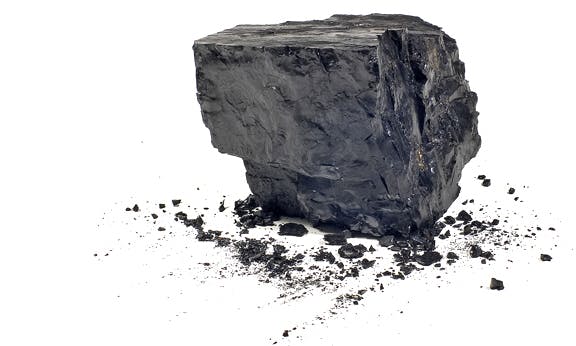Australia is the world’s worst climate vandal

To say that the race towards a more sustainable global economy is progressing at a snail’s pace would be an outrageous affront to the racing capacity of your average snail. Among themselves, the G20 group of the world’s leading industrial powers account for three-quarters of global greenhouse gas pollution. Between 1990 and 2013, their total energy-related CO2 emissions increased by 56 percent. Over the past couple of years, emissions growth may have stalled – progress of a sort. But Usain Bolt this is not.
Given this situation, to be labelled as the G20’s worst climate offender would be quite something. According to a new report, released by Climate Transparency ahead of the September G20 summit in China, this is exactly what Australia has achieved.
“Brown to green: assessing the G20 transition to a low-carbon economy”, rates countries’ progress in areas such as emissions, energy intensity, the share of coal and renewables in energy supply, and climate policy. It’s not a pretty picture. The “G20 climate performance scorecard” is heavily weighted to the “brown” end of the scale.
Coal is arguably the single most important commodity within the Australian economy today.Australia is the only country given a score of “very poor” in a majority of categories. The highest rating it achieved in any category was “poor”. Of particular note are its greenhouse gas emissions per capita, which, at 33.3 tonnes of carbon dioxide equivalent (tCO2e), are nearly four times the G20 average of 8.7 tCO2e.
Perhaps most disturbing, given the implications for future energy use, is the extent of government subsidies to the fossil fuel industry. Australia’s annual subsidy of US$5 billion places it equal third behind Russia and the US in absolute terms, but on a per capita basis it is far ahead.
When you look at the ratio of fossil fuel subsidies to public support for renewables, it’s the same story. Australia, with US$5 billion vs. US$150 million, is far worse than its nearest rival, Canada (US$2.7 billion vs. US$140 million).
Finally, the report assessed countries’ “intended nationally determined contribution” to global emissions reduction efforts made in association with the UN climate summit in Paris last December. Australia’s commitment is marked as “inadequate”. The report notes: “If all governments showed similar low ambition, global average warming would likely exceed 3-4°C”.
The report’s assessment is generous. The Australian government doesn’t have “low ambition” on climate change – it has no ambition. Or rather, rhetorical flourishes and broad, unenforceable “commitments” aside, its ambition lies in the other direction. Australia is a world leader in the most climate destructive industries, and the government wants to keep it that way.
Australia’s energy industry – the biggest parts of which are coal mining, oil and gas extraction and electricity supply – raked in around $96.6 billion in 2014-15. The vast bulk of this, $67 billion, came from exports. And the biggest export earner? King Coal of course, which alone brought in $37.9 billion.
Capital, said Marx, came into the world “dripping from head to foot, from every pore, with blood and dirt”. In the case of modern Australian capitalism, we have to add another substance to the list – coal dust.
Coal is arguably the single most important commodity within the Australian economy today. Australia’s vast and readily accessible reserves – the fourth largest in the world – provide it with a significant economic advantage. The tens of billions in annual export earnings are one thing. They not only provide a steady flow of profits for mining and associated big-business interests but also give the Australian government leverage in the cut-throat world of global trade.
Domestically, the revenue earned directly from coal mining is just a small fraction of its broader economic role. More significant is the abundant and, by G20 standards, cheap supply of electricity it provides to the rest of industry (as opposed to households – which pay significantly more). In this way, coal contributes to the profitability of Australian capitalism as a whole.
The failure of Australian politicians to take any serious action to shift away from fossil fuels is commonly attributed to the influence of mining and other big-business interests. But this is only part of the story. Some politicians serve the mining barons. All politicians serve capitalism.
Capitalism is built on profit. The ability of Australian capitalists to make a profit depends, in the long term, on the health of the entire economy. For Australia to forgo exploitation of its abundant reserves of coal and other fossil fuels wouldn’t just be a hit to the hip pockets of the mining barons. It would threaten the “national interest” – Australia’s place in the world and its ability to hold its own in the competitive global scramble for power.
None of this makes sense from the point of view of the common future of humanity. But humanity has never counted for much in capitalism. The ruling class, in Australia and around the world, has grown rich from exploiting our human and natural resources, and from trashing the environment on which we all depend.